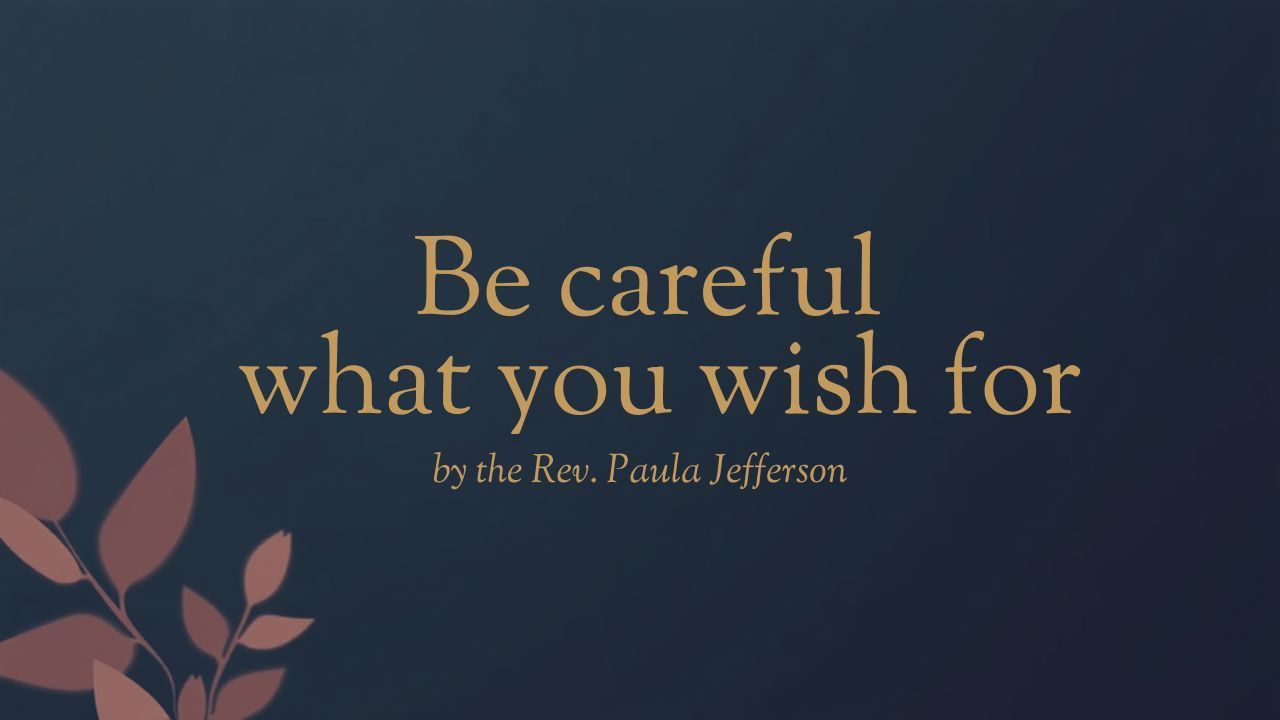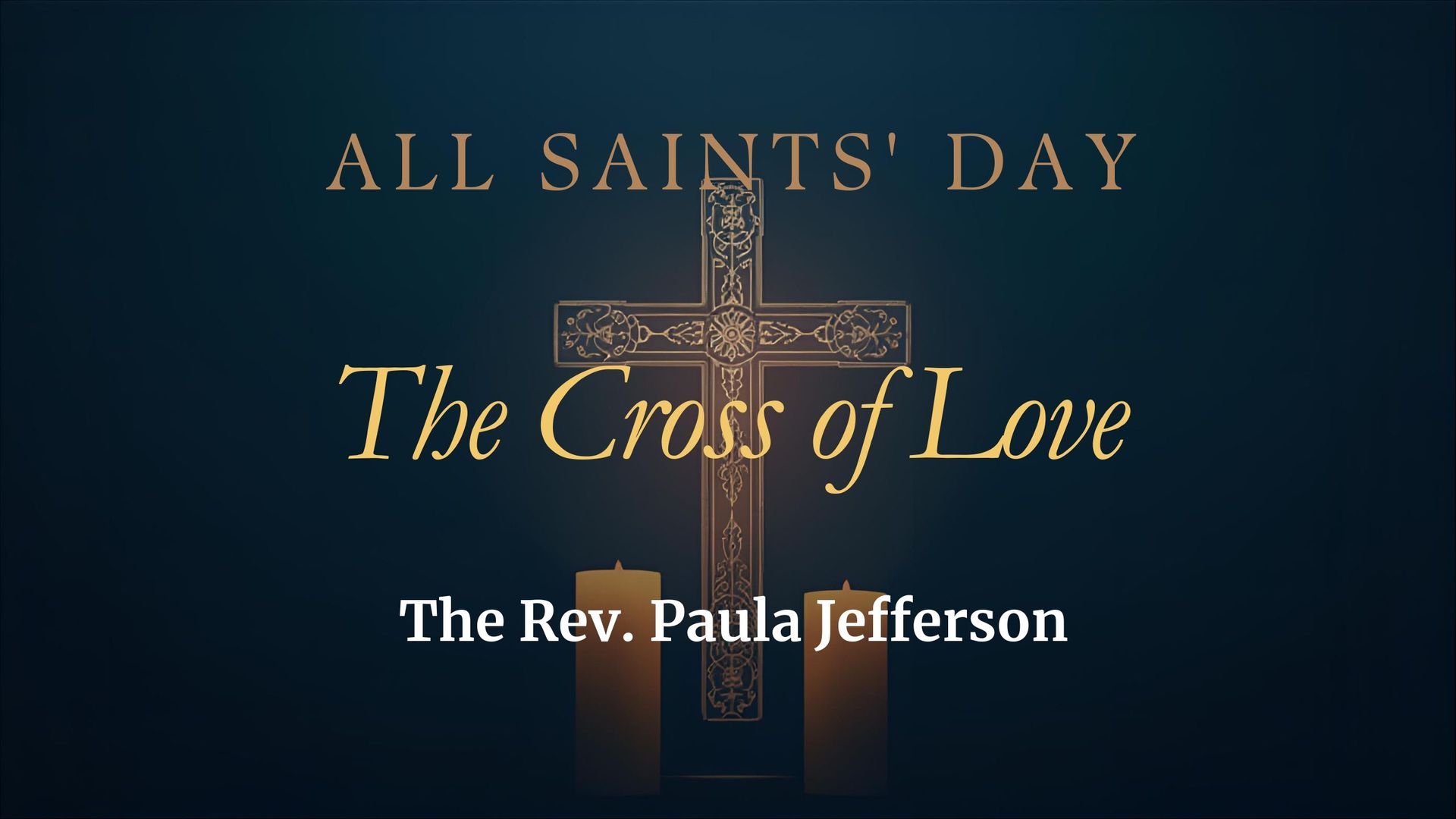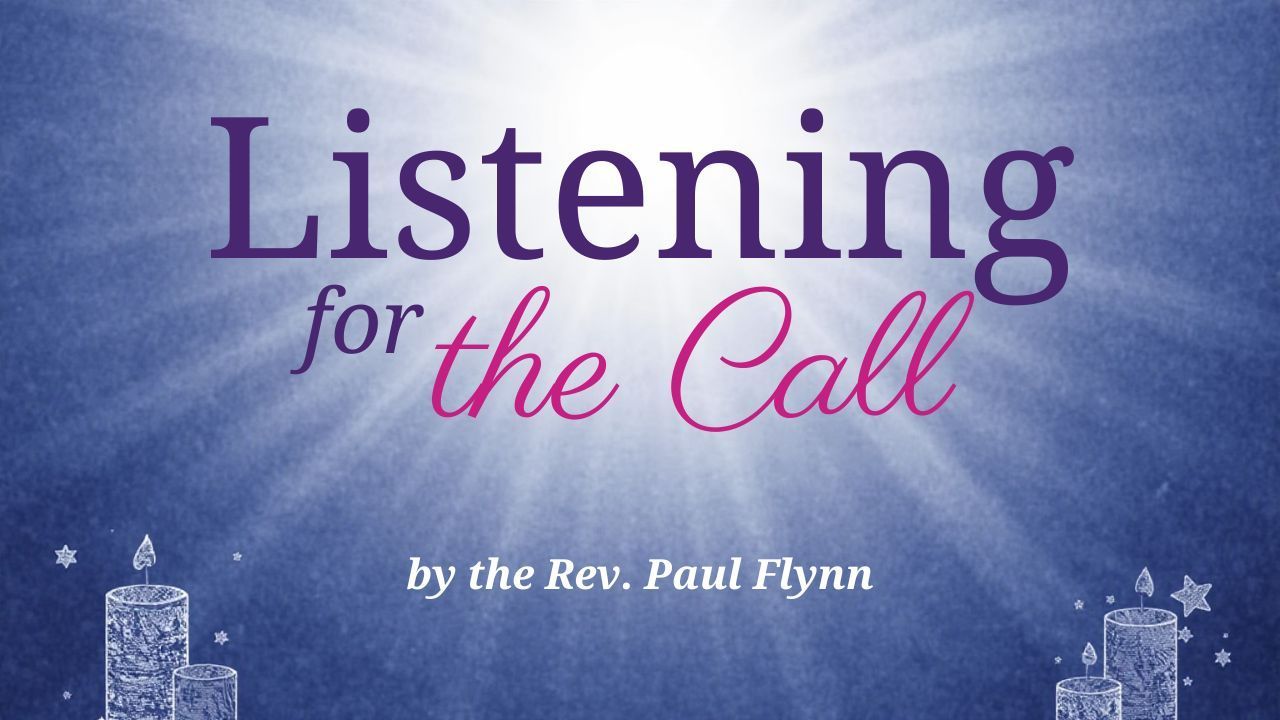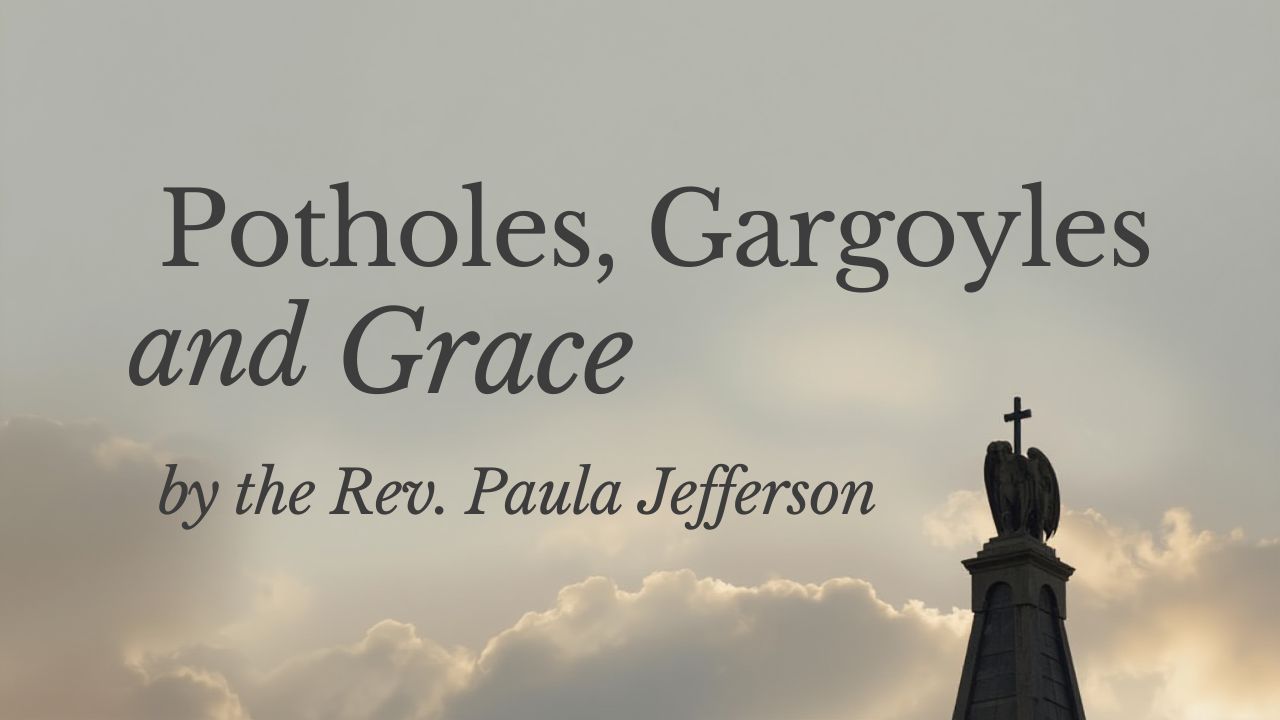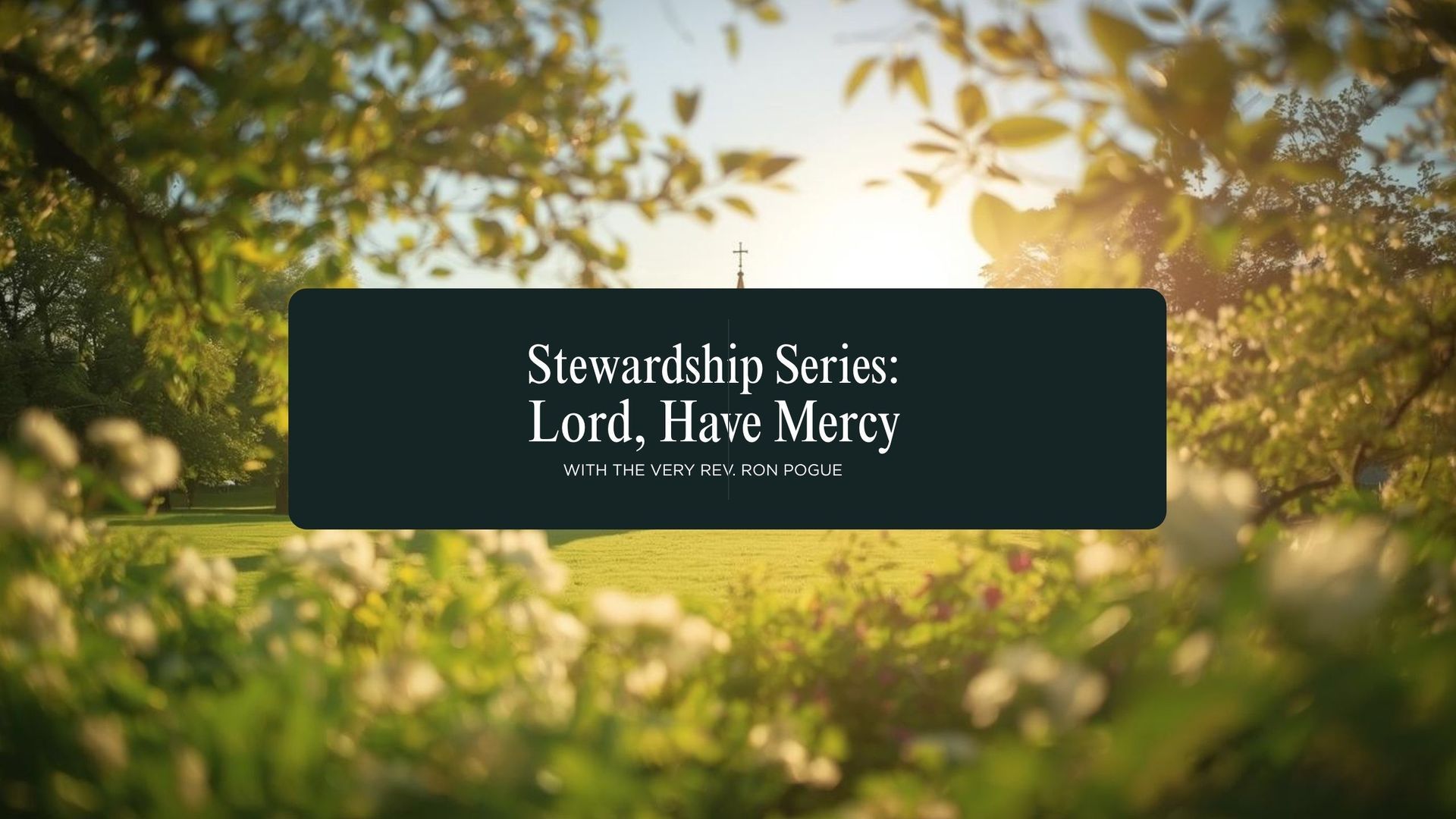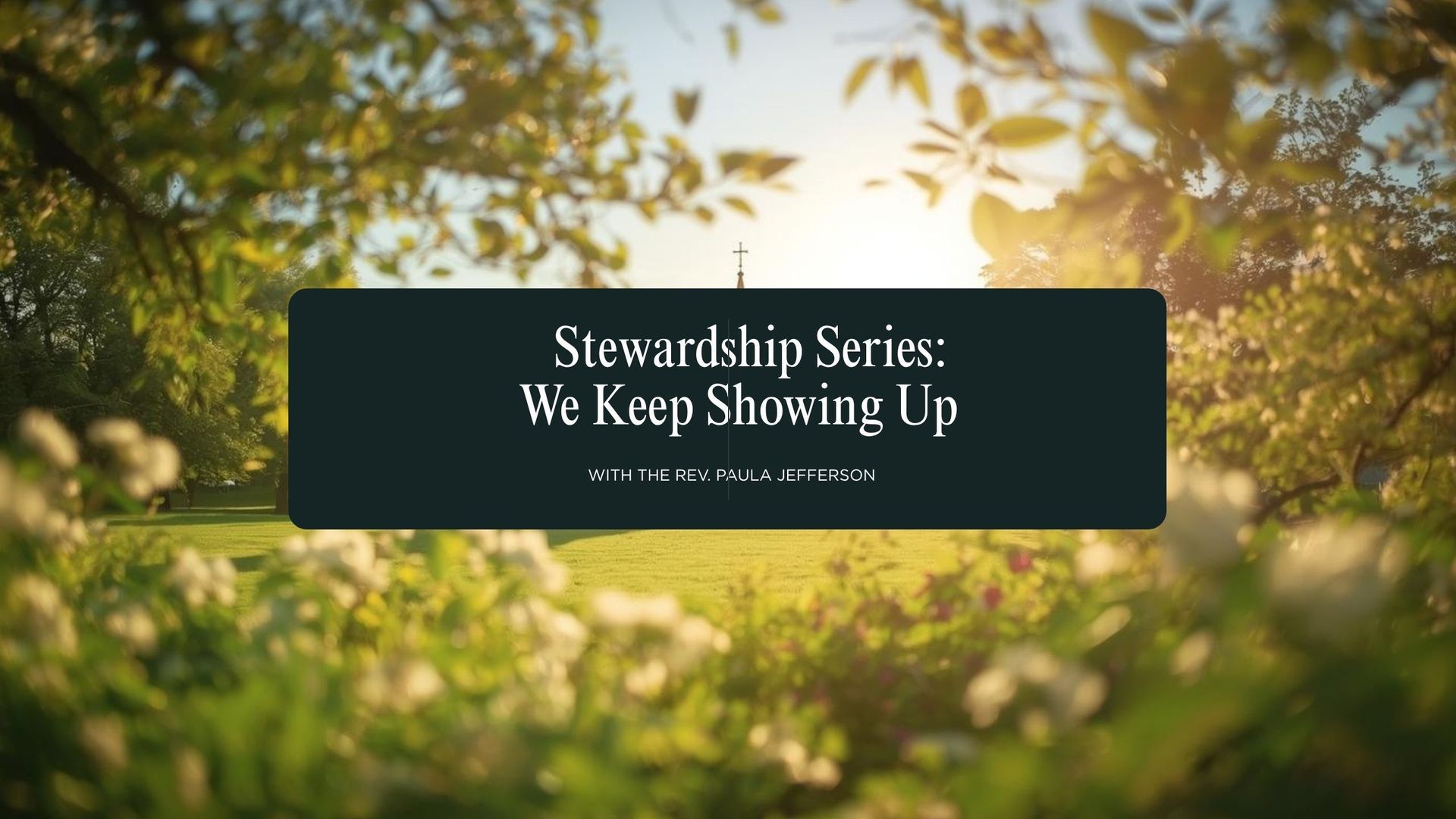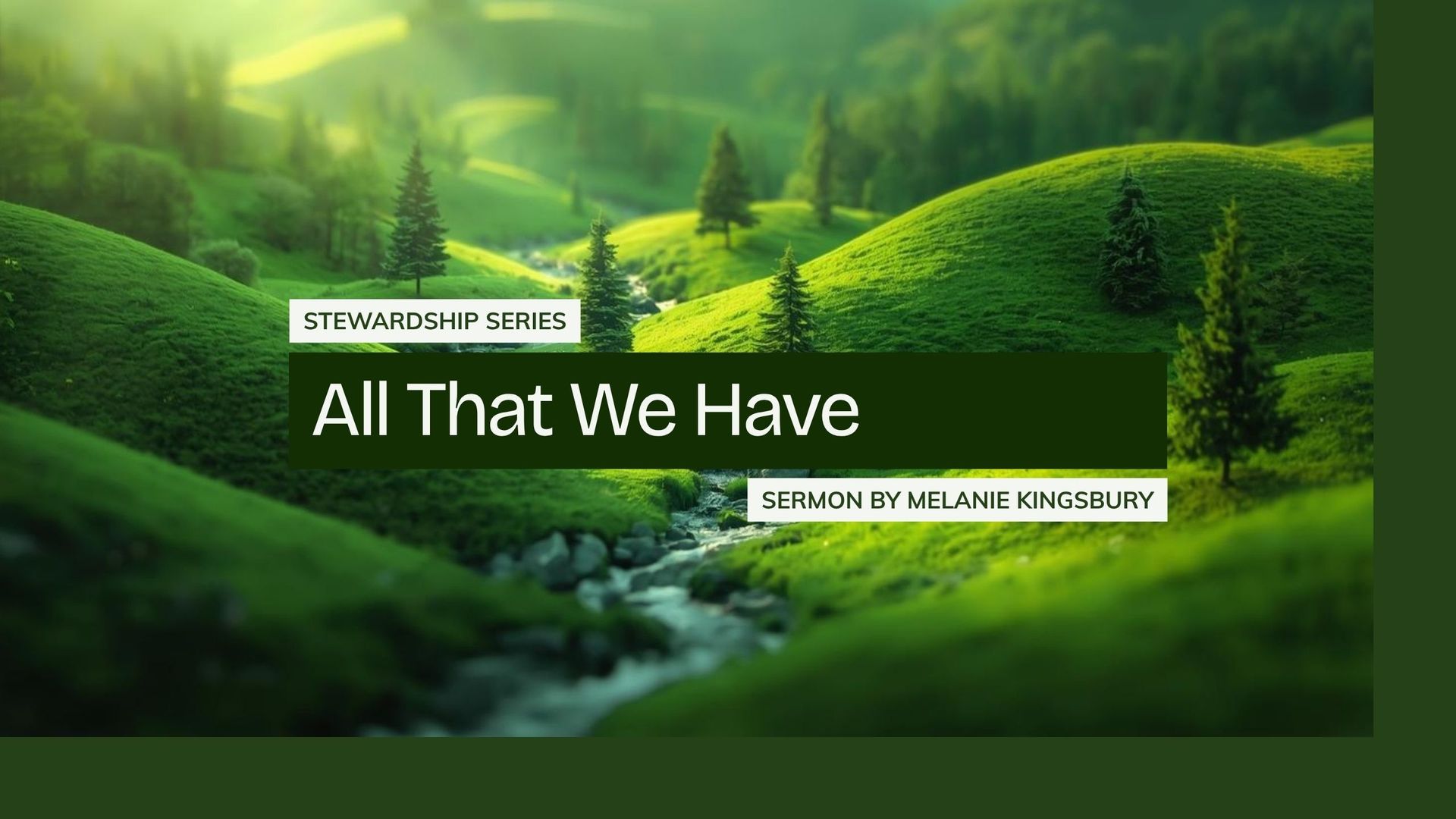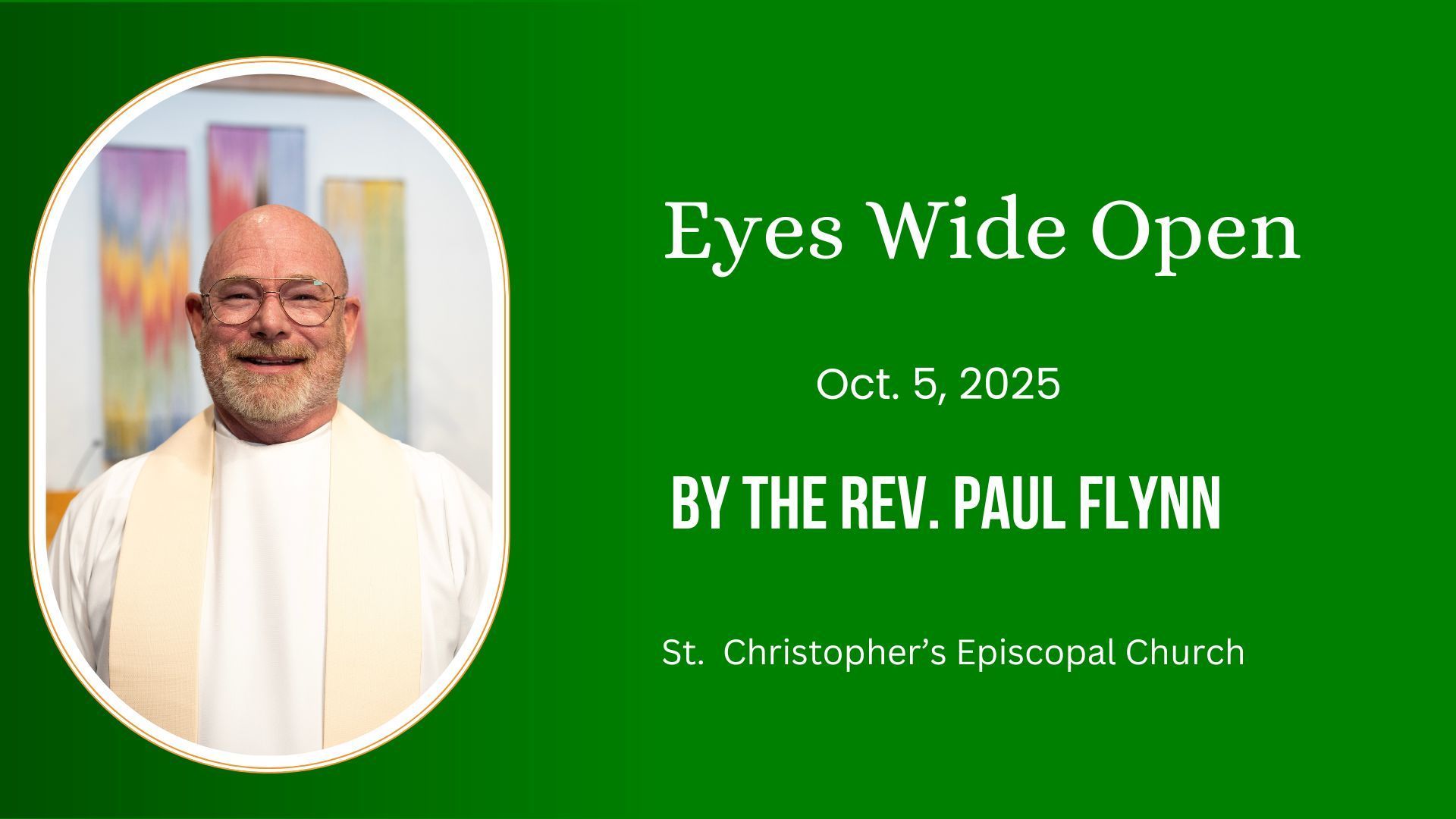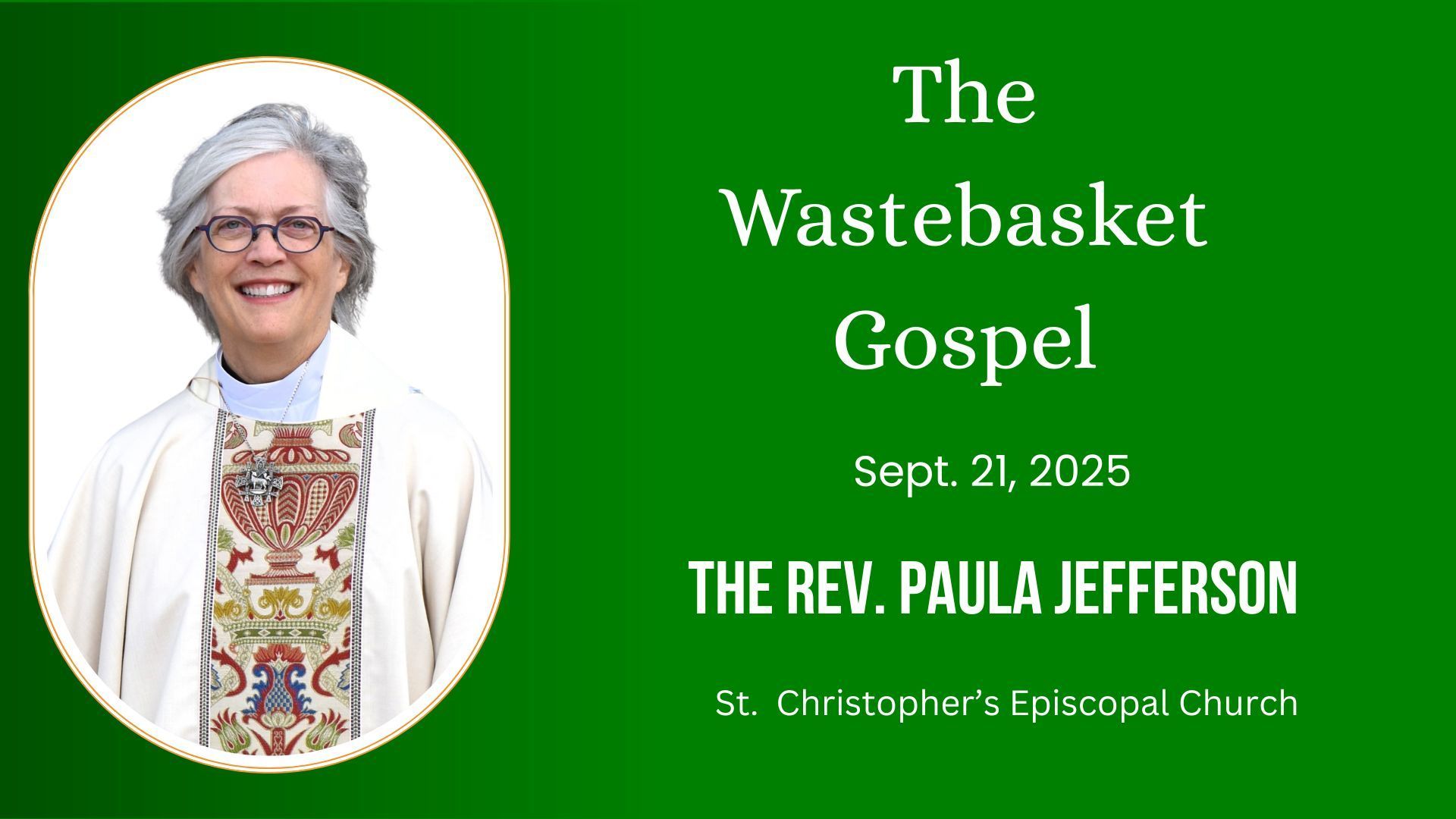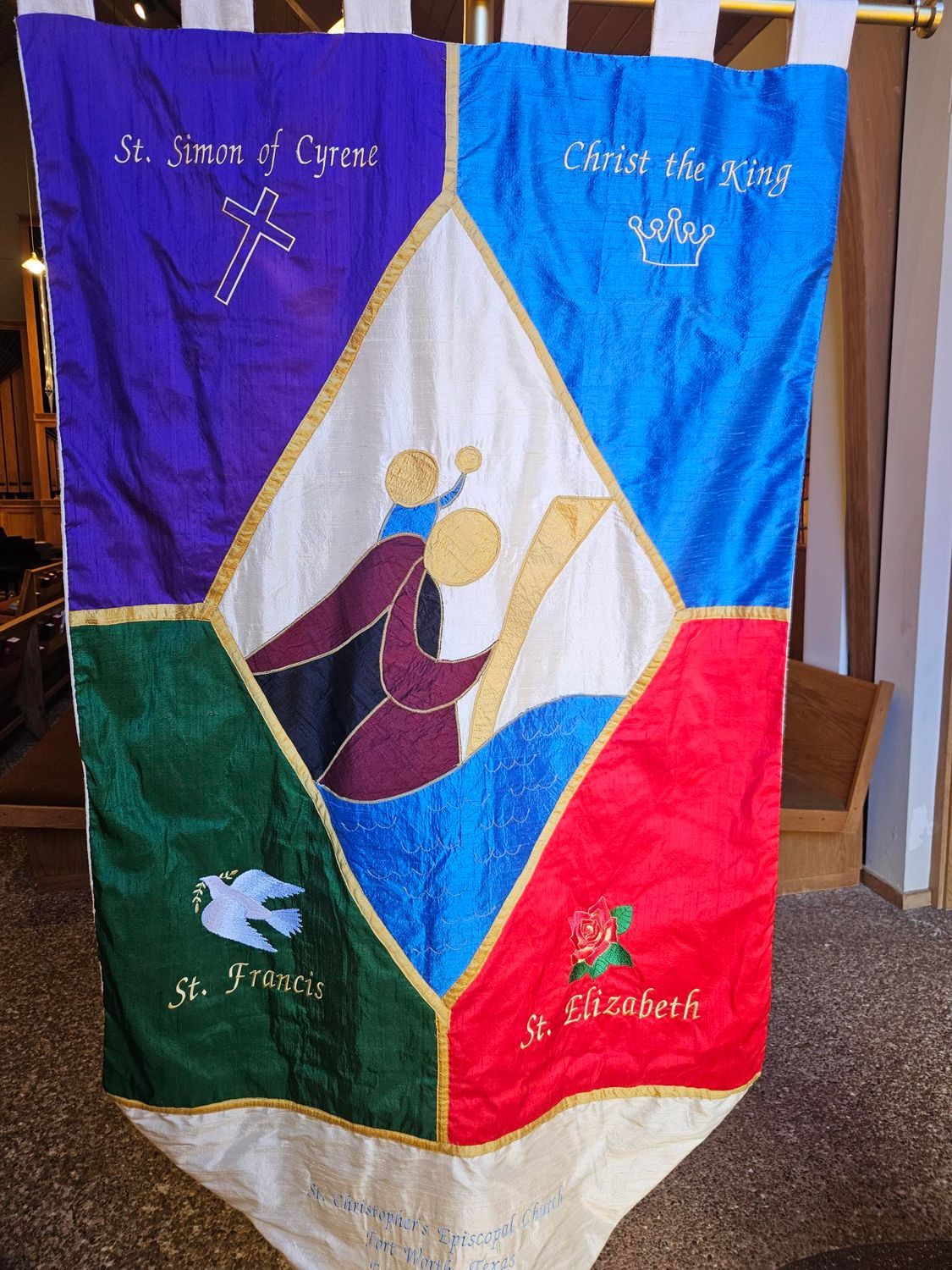This is a subtitle for your new post
John’s Gospel opens with revelation: The Word became flesh and dwelled among us. Throughout this Gospel, we see people, like Nicodemus, encounter Jesus and slowly move from darkness to light, from not understanding to realization. Like those who walked with Jesus 2000 years ago, we become witnesses to the Divine Signs, the crumb trail, Jesus leaves for us to know Him and believe.
In this Maundy Thursday reading from John’s Gospel, we see a poignant final meal among Jesus and his disciples. When this meal concludes, Jesus’ suffering begins. Only Jesus knows that this is his final meal on earth…that his hour had come.
Jesus isn’t dining at some quaint restaurant with a 5-star menu. He is dining with his friends, those who’ve have walked with him during this 3-year ministry. They have come to know Jesus well. They were with him when he learned that his friend Lazarus died. They watched him weep. Jesus knows the heartache of human death. He knows how his friends will soon feel.
During supper, Jesus gets up from the table, takes off his outer robe, and ties a towel around himself. In that gesture, he takes off the clothing of a teacher and puts on the towel of servant. For those of us who have the benefit of reading the full Gospel, we see a repeating theme. The Word, God, empties Godself and takes on human flesh to dwell among Creation. The teacher empties himself of status and privilege and takes up servanthood.
Peter, bless his heart, is undone. The Messiah, the one who will rescue Israel, has no business kneeling on the dirty floor, washing dusty feet. What is Jesus thinking? When Jesus comes to Peter’s feet, he says, “no way.” I get what Peter is saying. In my lifetime, there have been a few special mentors. People who have truly influenced my life. It’s hard for me to imagine one of them kneeling in front of me, washing my feet after a long day of hiking. Like Peter, I would be much more comfortable washing their feet.
Whatever Peter understands in this moment, it pales to reality. Jesus says to him, “unless I wash you, you have no share with me”.
On Palm Sunday, our reflection pondered what the people around Jesus were expecting to happen in Jerusalem this week. And, what you and I are expecting.
The disciples expect Jesus to come into his power; yet, still they imagine this power in human terms. Their imagination is in sharp contrast to Jesus kneeling and washing their feet. You can hear the disconnect in Peter’s words: “You will never wash my feet”.
The religious authorities are not participants in this dinner scene….they are busy arranging for Jesus to die. If they were present, I wonder if Jesus would wash their feet? I wonder if they would be comfortable with Jesus washing their feet even as they plot his death?
I wonder what we learn about ourselves as we give our less-than-perfect feet to Christ? What is this servant/love that looks up into our eyes? What is Christ teaching me in this moment? Is it something I’m expecting?
George Burns is given credit for the line, “Love is a lot like a toothache. It doesn’t show up on X-rays, but you know it’s there.”
So, absent an X-Ray, I circled back to Jesus’ last meal, looking for signs of his love.
First, I saw radical hospitality practiced: Judas is among the disciples present for this meal. The others may not know what will happen tonight, Judas may not even know what will happen tonight. But, Jesus does know. And, he welcomes Judas to this Table.
Second, I saw foot washing. Why does Jesus do this particular thing on this particular night?
Foot washing changes us. It is an intimate moment of sharing vulnerability and love—an outward and visible sign of an inward and invisible grace. In the Gospel of John, and in our lives, foot washing is sacramental.
When Jesus kneels to wash feet, he washes the feet of Judas….and Peter…and all the others. He loves the one who will betray him and the one who will deny him. He loves all of them, to the end.
Then he gives the disciples, and us, a new commandment: to love one another as he has loved us.
It’s a tall order.
We are called to welcome everyone to God’s Table and to extend this table into the world. We are called to feed people, knowing that some will bite the hand that feeds them.
The cross that Jesus invites us to take up is the cross of Love. The longer I live, the more I realize the depth and difficulty of this invitation. Our lives are not perfect, and neither are the lives of those we love. It is not easy to love those who have hurt us, or to own the hurts we have caused.
Maundy Thursday offers a moment to pause and reflect on the radical hospitality of Jesus. He did not take up this cross for himself, but for the brokenness of Creation, of you, and of me. He did not do this in anger or disappointment. He did this with vulnerability, compassion, and a radical, unexpected welcome for all.
